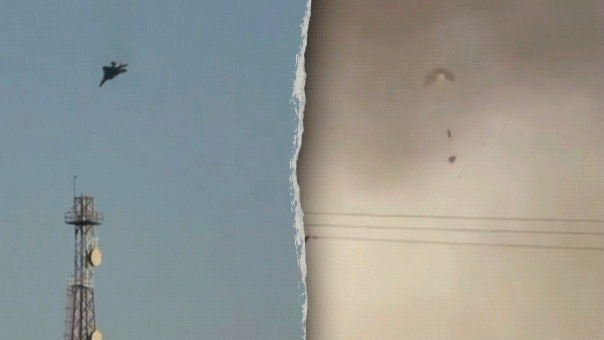Peter Navarro on tariffs: I don't believe any country will retaliate
White House National Trade Council Director Peter Navarro on the potential impact of the U.S. imposing tariffs on aluminum and steel imports.
White House trade adviser Peter Navarro on Sunday defended President Trump’s plan to impose tariffs on imported aluminum and steel, arguing the related cost increases are secondary to Trump’s “mission” to preserve those American industries.
“The last time I checked, we had an $18 trillion economy. It’s second-order small,” Navarro told “Fox News Sunday” about how the tariffs are projected to add billions to the cost of the metals, key materials to the U.S. building and manufacturing industries. “The downstream effects of steel and aluminum tariffs are insignificant and the mission here is to preserve our steel and aluminum industries for national security and economic security.”
Navarro also said Trump will not exempt some countries from the tariffs because he’d have to raise them on others.
Trump last week said he would impose tariffs on imported steel to protect a U.S. industry that employs about 140,000 Americans. Yet by raising the price of steel, those same tariffs stand to hurt a far larger group of U.S. workers: the 6.5 million who work in industries that buy steel -- from automakers to aircraft manufacturers to suppliers of building materials.
Trump has vowed to this week impose 25 percent tariffs on imported steel and a 10 percent tariff on aluminum, in the interest of protecting America's national security.
By building barriers to imported metal, the tariffs would allow U.S. steel companies to expand production and charge higher prices than they could without broader competition. But the higher prices would also squeeze the companies that use the materials and potentially the consumers who buy the finished goods.
Some economists warn that if consumers must pay more for cars or businesses more for heavy equipment, the resulting slowdown in spending could hamper the economy.
The Dow Jones Industrial Average plunged 420 points on Thursday and an additional 71 points Friday, following Trump’s announcement.
Also on Sunday, British Prime Minister Theresa May called Trump to express concerns about his tariff plan. May reportedly said the only way to resolve the issue of too much inexpensive steel in the global market is multilateral action.
Commerce Secretary Wilbur Ross on Sunday also backed the president's plan and downplayed rumors that his top economic adviser, Gary Cohn, is so opposed that he’s ready to resign.
“Gary Cohn has been a big participant in the inter-agency process that came to this conclusion,” Ross told ABC’s “This Week.” “The president likes to hear every side of every argument, that way he's sure he's gotten all points of view. And so we've had lively discussion. But Gary Cohn, as far as I know, is certainly not going to walk out."
Navarro, in a sharp exchange Sunday, took issue with purported complaints that he sneaked into the West Wing and side-stepped policy meetings to sell Trump on the plan.
“That's a bit of a cheap shot. There's no facts and evidence to support that. ... We’re a team,” said Navarro, who argued Americans elected Trump on a trade policy that none of his 16 major primary candidates nor Democratic rival Hillary Clinton supported together.
The Associated Press contributed to this report.













































